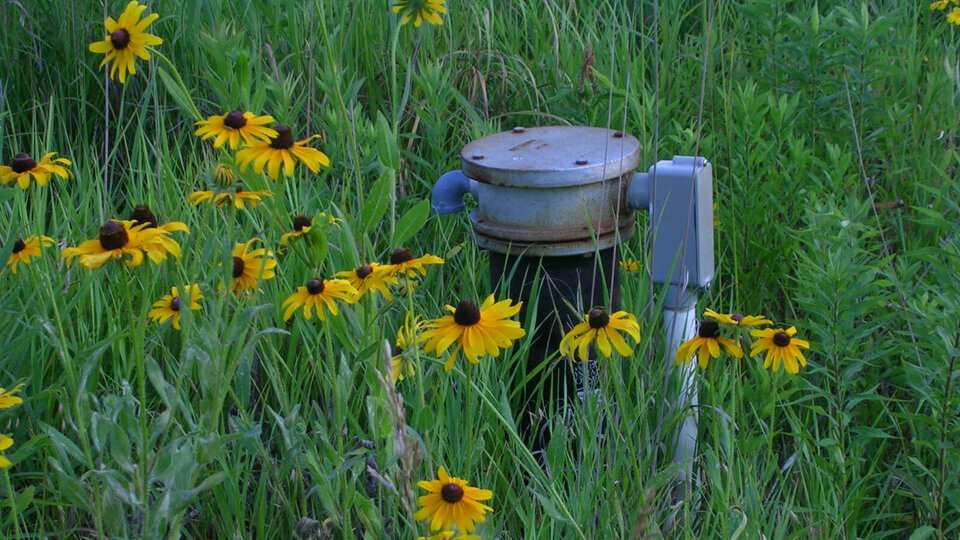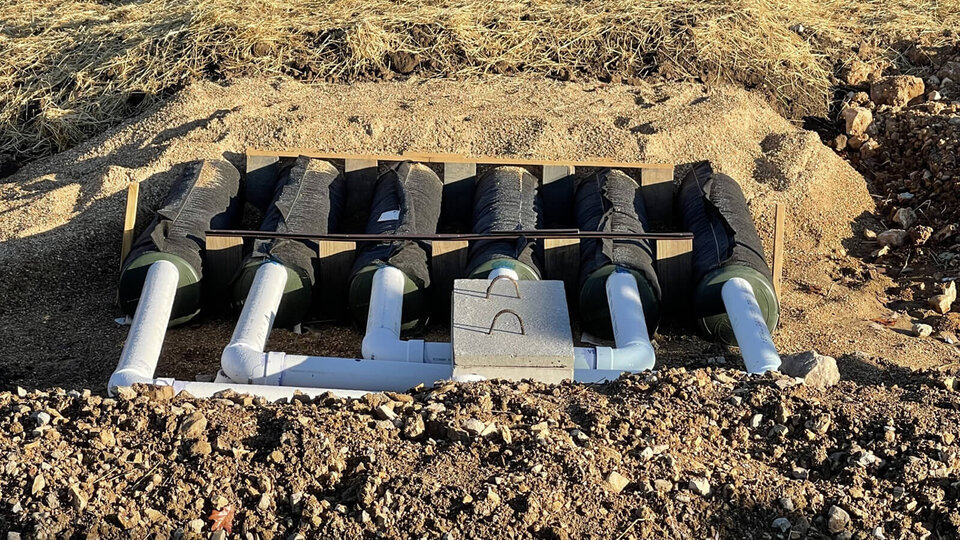Content
Proper construction and management of private wells and onsite septic systems helps protect Nebraska’s groundwater and surface water resources.
The importance of testing a private well water to know the drinking water quality is of utmost importance. Most contaminants are colorless, odorless, and tasteless. When water quality is not within safe limits, the health of your family can be at risk. Public water system customers have municipal water operator(s) who test their water regularly. Private well owners are the water operators for their well system, therefore it is critical they at the very least, annually test their water for nitrate and coliform, as well as any other contaminants of concern in their area.
Stories like the one below are not uncommon throughout rural Nebraska. This is why private well & onsite wastewater owners education is critical. Owners across the state need to be better informed on the importance of annual water quality testing, and maintaining their private well & onsite wastewater systems to better protect the health of their family, neighbors, and Nebraska’s groundwater resources. Knowledge is power, and Nebraska Extension is here to provide a wealth of fact and research based, unbiased resources.
Real World Example
A young family came through the Natural Resources Building at Husker Harvest Days. I asked them if they had a private well at home and if they did, did they have a water sample for me to screen for nitrates? They initially said no, but I noticed they had a couple of sippy cups so I asked if the sippy cups had water from home in them? Sure enough they did, so I offered to test the water from the sippy cup and their result was up around 50mg/L nitrates, well over the 10mg/L maximum contaminant level (MCL).
I told the young couple who had a few little ones, and the Mom was noticeably pregnant, that none of them should be drinking the water and that they should have their water tested at an accredited laboratory. I gave them verbal and printed info on how to order a test kit from the Nebraska Public Health Environmental Lab (State Lab) in Lincoln, and where to find NebGuides on water quality and treatment topics. The family had their water tested at the State Lab and installed a point of use reverse osmosis (RO) unit for their drinking and cooking water needs at their kitchen sink. I recommended that they plumb their fridge water dispenser and ice maker to the RO unit as well.


